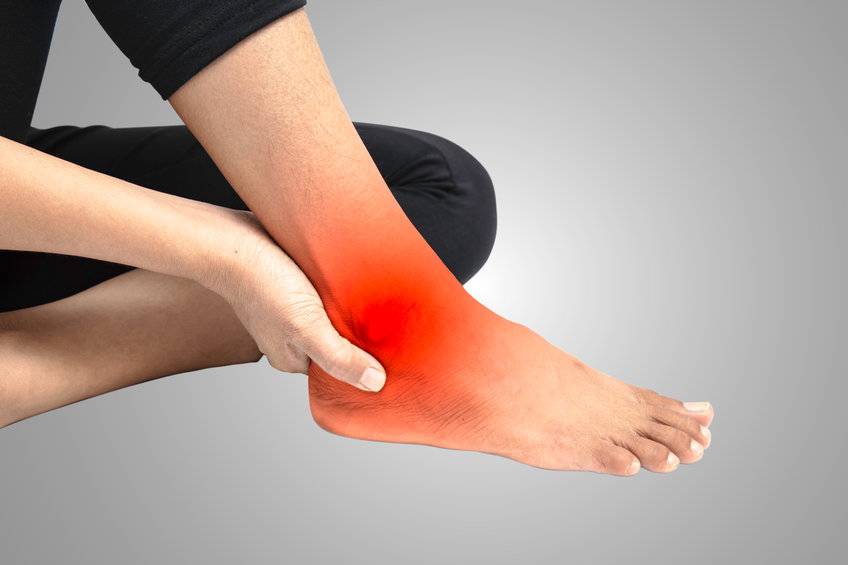
Advanced Regenerative Medicine, Medical Weight Loss, and Wellness Treatments.

Peripheral neuropathy is a condition that affects the nerves that carry information from the brain and spinal cord to the rest of the body. It is a common condition that can significantly impact a person’s quality of life, affecting millions worldwide.
This blog will discuss peripheral neuropathy, how it is diagnosed, and what treatment options are available. We will also discuss some preventative measures that can help reduce the risk of developing peripheral neuropathy.
Peripheral neuropathy is a disorder of the nerves that can cause weakness, numbness, and pain, usually in the hands and feet. It is caused by damage to the peripheral nerves, which are the nerves that connect the central nervous system (the brain and spinal cord) to the rest of the body. Peripheral neuropathy can be caused by a variety of factors, including:
Toxins: Exposure to certain chemicals, such as chemotherapy drugs, can damage the nerves and cause peripheral neuropathy.

Diagnosing peripheral neuropathy can be challenging because the symptoms can vary widely from person to person. A doctor typically begins by taking a medical history and performing a physical exam. They may also order blood tests, nerve conduction studies, or electromyography (EMG) to help confirm the diagnosis. Sometimes, a nerve biopsy or imaging studies, such as an MRI, may also be necessary.
The treatment for peripheral neuropathy depends on the underlying cause of the condition. If the neuropathy is caused by an underlying medical condition, such as diabetes or an autoimmune disorder, treating that condition may help alleviate the symptoms of peripheral neuropathy.
If the neuropathy is caused by a toxin, such as chemotherapy drugs, the doctor may adjust the dosage or switch to a different medication. In addition to treating the underlying cause of peripheral neuropathy, several treatments can help alleviate the symptoms. These include:
While it may not be possible to prevent all cases of peripheral neuropathy, several preventative measures can help reduce the risk of developing the condition. These include: